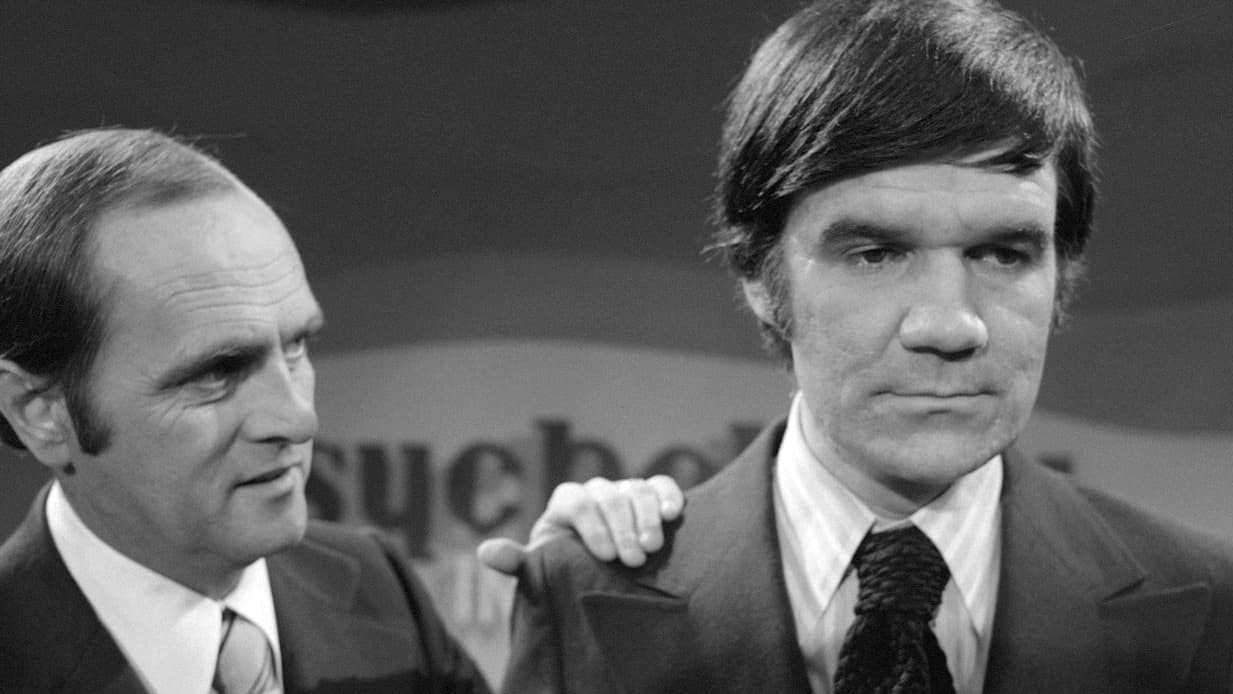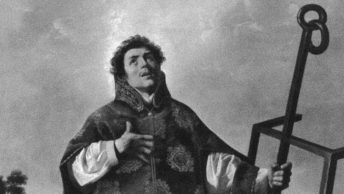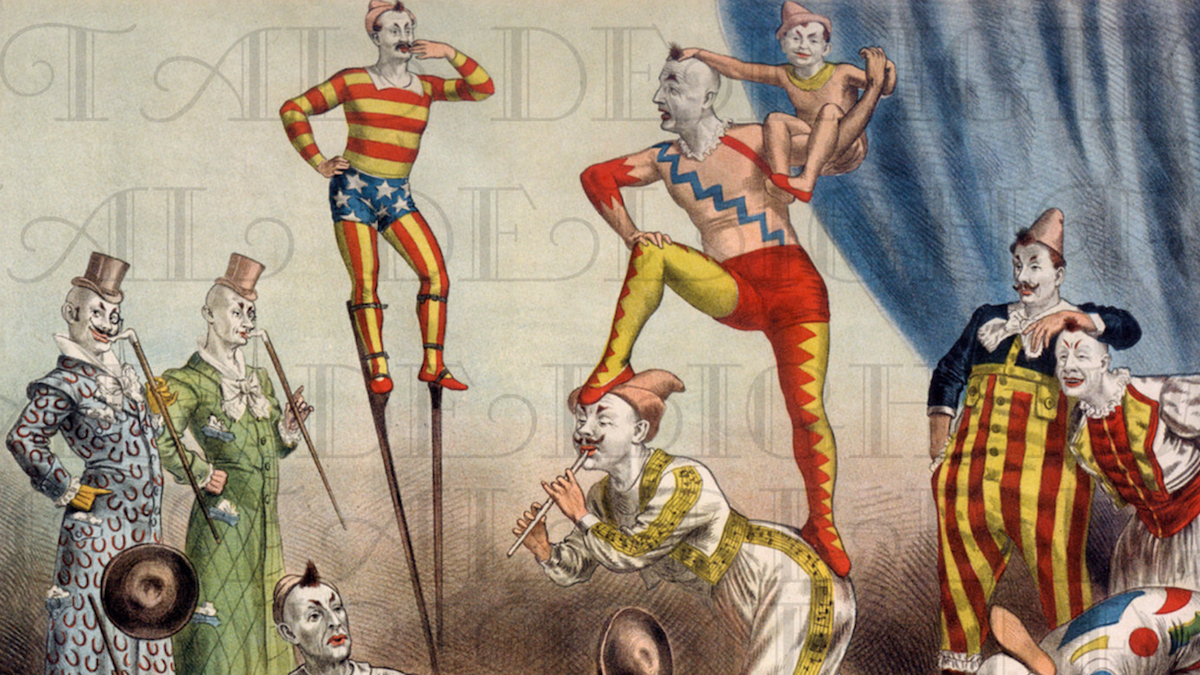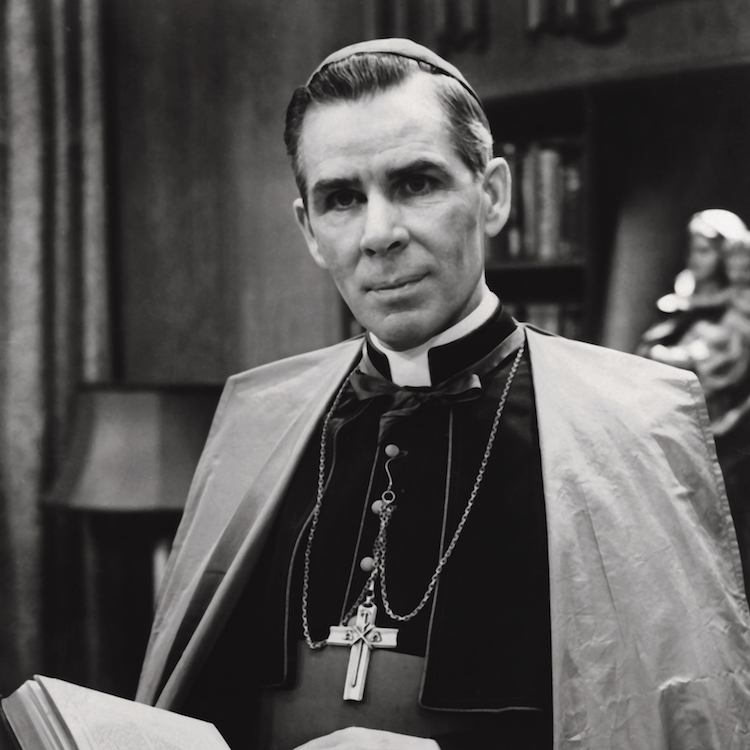When I was younger, I used to read a column in The Reader’s Digest, called Laughter is the Best Medicine. There is much scientific information to assert that this is a truism. Science tells us that laughter is one of the best tools we have for dealing with stress. In fact, research on laughter reveals that it’s a potent drug with the contagious power of a virus that conveys a slew of benefits for the mind and body.
Probably no one in my lifetime has done more to chase away the blues of unhappiness and the black of despair…at least for a while than the nonagenarian comedian, Bob Newhart. I have been a devoted fan of his since his first comedy album The Button-Down Mind of Bob Newhart debuted in 1960. It was the first comedy album to achieve number one on the Billboard charts and also won the Grammy Award for Album of the Year in 1961. I believe his sense of humor was one of the major influences that shaped my bizarre outlook on life.
I remember he had a sketch of the erroneous founder of baseball, Abner Doubleday, who was a Yearling at West Point when he was supposed to have founded baseball in Elihu Phinney‘s cow pasture in Cooperstown, New York, in 1839. The skit was filled with necessary anachronisms to bring it up to date. Doubleday was trying to market his game Baseball to a game manufacturer on the phone. When the Newhart character asked him how many people it needed to play, he said 18. Newhart’s classic pause and then his incredulous stammering answer…18…wow that‘s a lot…we make games for two couples usually…you know they come over…play our games…get be little smashed but nine couples…?!?
Born and raised on Chicago’s west side, Newhart was brought up Catholic and attended parochial schools, including St. Catherine of Siena grammar school in Oak Park and St. Ignatius College Prep (high school) where he graduated in 1947. He then enrolled at Loyola University of Chicago from which he graduated in 1952 with a bachelor’s degree in business management. I went to Loyola University in Chicago, which is a Jesuit school, he said. Ever since my success in comedy, I’ve always credited the Jesuits for the somewhat twisted way I have of looking at life.
I found a personal irony in that statement because I had almost three more years in Jesuit schools than he did, and as a result I have often quipped that I was a victim of 11 years of Jesuit education. No wonder I have been so drawn to this man’s personality and humor all these many years. Maybe it is because our birthdays are a just a day apart.
Newhart served stateside during the Korean War as a personnel manager until being discharged in 1954. He briefly attended Loyola University Chicago School of Law, but did not complete a degree, in part, he says, because he was asked to behave unethically during an internship.
After the war, Newhart worked for United States Gypsum as an accountant. This is where the tedium of accounting and balancing columns of numbers bored him to tears. He adopted as his motto:That’s close enough! (Funny I have also practiced that dubious accounting procedure most of my life.) When added to his habit of adjusting petty cash imbalances with his own money, it was clear he did not have the temperament or mathematical ability to be an accountant. He also said he was a clerk in the unemployment office who made $55 a week, but quit upon learning unemployment benefits were $45 a week and he only had to come in to the office one day a week to collect it.
In 1958, Newhart became an advertising copywriter for Fred A. Niles, a major independent film and television producer in Chicago. There, he and another co-worker perfected the art of telephone humor. They entertained each other with long telephone calls about absurd scenarios, which they later recorded and sent audition tapes to several radio stations. When the co-worker took a job in New York, Newhart continued the recordings alone, developing a solo straight man type of routine on the phone. As it is with talented people, working for their big break, Newhart’s came in 1959.
After hearing his tapes, Dan Sorkin, a disc jockey at a radio station who later became the announcer-sidekick on Newhart’s NBC series, introduced Newhart to the head of talent at Warner Brothers Records. Newhart expanded his material into a stand-up routine he began to perform at nightclubs. Newhart’s routine was to portray one end of a conversation (usually a phone call), playing the comedic straight man and implying or repeating what the other person was saying.
He told a 2005 interviewer for PBS’s American Masters that his favorite stand-up routine was Abe Lincoln vs. Madison Avenue, which also appears on his Button-Down Mind album. In the routine, a slick promoter has to deal with aspiring candidate, Abraham Lincoln’s reluctance to agree to efforts to boost his image. The last comment he made was for Abe to grow a beard.
In fact the clean-shaven Lincoln received a similar suggestion from a little girt in 1860, during his campaign for president. As the story goes, on October 15, 1860, a few weeks before Lincoln was elected President of the United States, Grace Bedell sent him a letter from Westfield, New York, urging him to grow a beard to improve his appearance. Lincoln responded in a letter four days later but made no promises. However, within a month, he grew his iconic full beard.
Chicago TV director and future comedian Bill Daily, who was Newhart’s castmate on the first eponymous The Bob Newhart Show, suggested the Lincoln routine to him. By this time, Newhart’s intentional stammer became his strength, when mixed with his unique combination of politeness and disbelief at what he was supposedly hearing.
Newhart’s success in stand-up led to his own short-lived NBC variety show in 1961, The Bob Newhart Show. The show lasted only a single season, but it earned Newhart a Primetime Emmy Award nomination and a Peabody Award. The Peabody Board cited him as a person whose gentle satire and wry and irreverent wit waft a breath of fresh and bracing air through the stale and stuffy electronic corridors. A merry marauder, who looks less like St. George than a choirboy, Newhart has wounded, if not slain, many of the dragons that stalk our society. In a troubled and apprehensive world, Newhart has proved once again that laughter is the best medicine.
Newhart’s biggest successes came from a pair of long-running situation comedies that endeared him to millions of Americans, including me. In 1972, soon after he guest-starred on The Smothers Brothers Comedy Hour, he was approached by his agent and his managers, producer Grant Tinker, and actress Mary Tyler Moore (the husband/wife team who founded MTM Enterprises), to work on a pilot series called The Bob Newhart Show. He was very interested in the starring role of dry psychologist Bob Hartley, with Suzanne Pleshette playing his wry, loving wife, Emily, and Daily as his neighbor, the unforgettable slow-witted neighbor, Howard Borden.
The Bob Newhart Show faced heavy competition from the beginning, airing at the same time as the hit shows M*A*S*H, Maude, Sanford And Son, and The Waltons. Nevertheless, Newhart was an immediate hit. Part of its success had to be its fantastically talented ensemble cast.
In addition to Wallace as Bob’s wisecracking, man-chasing receptionist Carol Kester, played by Marcia Wallace, the cast included Peter Bonerz as amiable orthodontist Jerry Robinson. Jack Riley as Elliot Carlin, the most misanthropic of Hartley’s patients nearly stole every scene he was in. I especially liked character actor and voice artist, John Fiedler as Bob’s milquetoast patient, Emil Petersen. Future Newhart regular Tom Poston had a briefly recurring role as college friend, Cliff ‘Peeper Murdock.’
In the last episode of the fifth season, not only was Bob’s wife, Emily, pregnant, but his receptionist, Carol, was, too. In the first show of the sixth season, Bob revealed his dream of the pregnancies and that neither Emily nor Carol was really pregnant.
Marcia Wallace spoke of Newhart’s amiable nature on set: He’s very low key, and he didn’t want to cause trouble. I had a dog by the name of Maggie that I used to bring to the set. And whenever there was a line that Bob didn’t like—he didn’t want to complain too much—so, he’d go over, get down on his hands and knees, and repeat the line to the dog, which invariably yawned; and he’d say, ‘See, I told you it’s not funny! Wallace has also commented on the show’s lack of Emmy recognition: People think we were nominated for many an Emmy, people presume we won Emmys, all of us, and certainly Bob, and certainly the show. Nope, never!
By 1982, Newhart was interested in a new sitcom. After he had discussions with Barry Kemp and CBS, the show Newhart was created, in which Newhart played Vermont innkeeper and TV talk show host Dick Loudon. Mary Frann was cast as his wife, Joanna. Jennifer Holmes was originally cast as Leslie Vanderkellen, but left after former daytime soap star Julia Duffy joined the cast as Dick’s inn maid and spoiled rich girl, Stephanie Vanderkellen.
Peter Scolari was also cast as Dick’s manipulative TV producer, Michael Harris, in six of the eight seasons. Poston played the role of handyman George Utley, ever more dim-witted than Howard Borden…if that were possible. Poston had scene-stealing capabilities, perhaps a residue from his days of playing a similar individual from the old Steve Allen Show’s skit The Man In the Street, Poston won three Primetime Emmy Award nominations as Outstanding Supporting Actor in a Comedy Series in 1984, 1986, and 1987. Like the first show, Newhart was an immediate hit, and again, it was also nominated for Primetime Emmy Awards, but failed to win any.
In 1987, ratings began to drop. Newhart ended in 1990 after eight seasons and 182 episodes. The last episode ended with a scene in which Newhart after having been knocked cold by an errant golf shot, wakes up in bed with Suzanne Pleshette, who had played Emily, his wife from the original The Bob Newhart Show. He realizes (in a satire of a famous plot element in the television series Dallas a few years earlier) that the entire eight-year Newhart series had been one very long nightmare of Dr. Bob Hartley’s, which Emily attributes to eating Japanese food before he went to bed. Recalling Mary Frann’s buxom figure and proclivity for wearing sweaters, Bob closes the segment and the series by telling Emily, You really should wear more sweaters! He uttered this just before the typical closing notes of the old Bob Newhart Show theme played over the fadeout. The twist ending was later chosen by TV Guide as the best finale in television history.
After enjoying him and his wonderful ensemble casts for many years and quite possibly every episode, I fulfilled my personal desire and saw Bob Newhart in person, at a small theater in St. Louis. Though I was high up in the balcony of the small theater, I could see he was no different in person than he was on television. His act underscored the fact that Newhart was not really an actor but just played himself in all his roles on television and on the big screen. This was especially true of his role as Major Major is the black comedy, Catch 22. Newhart personified the old cliché, what you see is what you get. His humor was a gift from God, and he nurtured it over the course in his now 90 years.
In a September 5, 2019 birthday interview with Jason Zinoman of the New York Times, Newhart reflected on his attainment of nine full decades. When asked if he felt 90 years old, he responded: My mind doesn’t. I can’t turn it off. The other day, there was a story about a pilot getting arrested for being drunk in the cockpit. I immediately thought: What if he had made it past security, wound up flying the plane and said to the passengers [in a slurred voice]: ‘Welcome to Delta. Welcome to a flight from Los Angeles to, um, to, um, I have it written down here somewhere, it’s the mountains and then there’s some more mountains and then we’re on the other side of that’
This proved that life is still funny to him and in his own twisted and bizarre way, there remains material everywhere for the taking. After 60 years of taking and developing, he is its consummate master. Though Newhart has appeared in virtually every form of entertainment, he will also identify himself as a stand-up comic. In his 90th year, he returned to the stage for multiple dates west of the Mississippi. That has been his profession since his phone shticks, while holding other jobs. His secret? The adrenaline rush!
What I’ve learned is: I love the danger. This thing I thought I hated all my life, that’s why I was doing it. If the show is at 8, and it’s 6, what will I be doing? Pacing. After 60 years, still pacing. I like that feeling. And of course let’s not forget his characteristic stammer. According to Zinoman, Newhart still deployed his distinctive stammer with precision as he looked back at his six decades in comedy and forward to what lies ahead.
No matter what the future portends, laughter will always be the healthiest antidote to the trials and troubles of everyday living. Without it our souls tend to be gloomy deserts, lacking the sensation of God’s spirit tickling of our funny bones. And when things get too hard for us, all we have to do is pray to St. Lawrence, The Patron Saint of Comedians, who was roasted on a rack with a joke on his lips, to send us more genuine comedians like Bow Newhart, instead of the moronic and perverse charlatans that populate his noble profession that dates back at least to the Medieval times of the Court Jesters.








